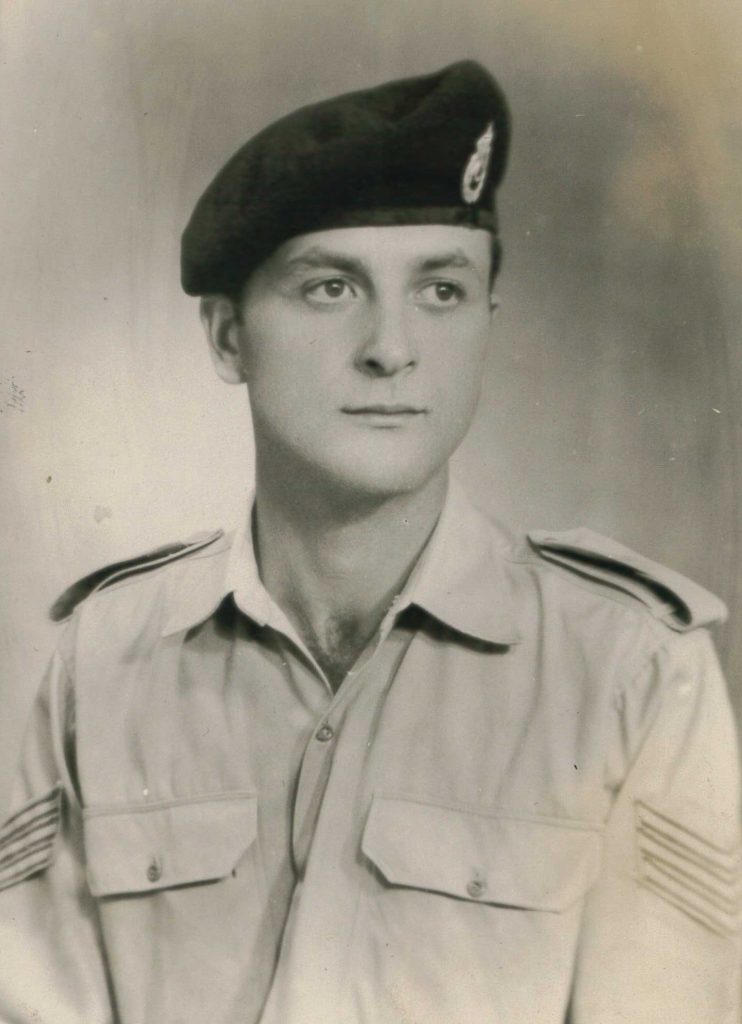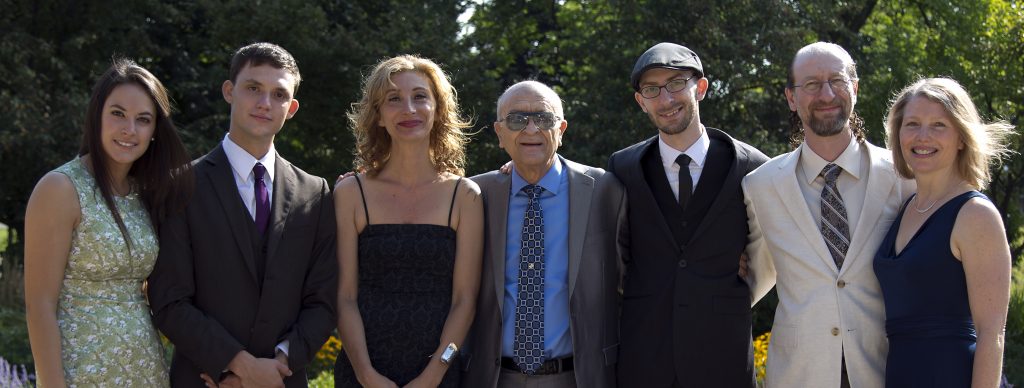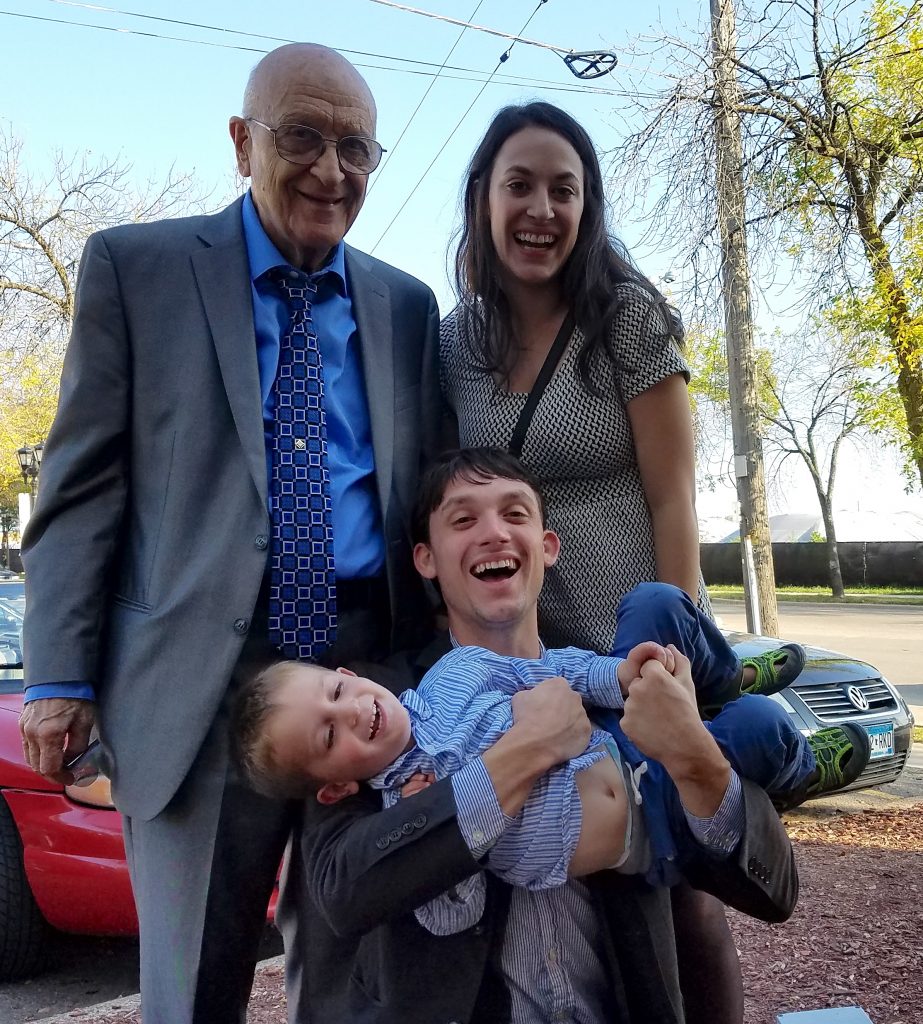Millions upon millions of people have been killed in concentration camps over the last century, and yet I have found myself distracted and angered about recent political debate over semantics: specifically how and when we use the term “concentration camps.”
Congresswoman Alexandria Ocasio-Cortez referred to the US government facilities used to hold asylum-seekers as “concentration camps.” Prominent voices publically disagreed with Ocasio-Cortez, saying that only Nazi camps are concentration camps. By using the term for other camps, they said that Ocasio-Cortez dishonored Jewish victims of the Holocaust.
The United States Holocaust Memorial Museum jumped into this debate, too. It implicitly shamed Ocasio-Cortez, writing that one should never analogize contemporary events to the Holocaust; that doing so may offend Holocaust survivors and their families.
There are compelling articles, books, and podcasts which address this issue. Many look at the history of concentration camps across cultures, back to the camps used in the Boer Wars in South Africa at the beginning of the twentieth century, to help us understand that “concentration camps” has consistently been a term that referred to more than the Nazi camps, and that the Nazis themselves adapted the camp technique from other societies, including the United States. You can find a shortlist of relevant links at the bottom of this article.
Understanding this issue by looking across cultures and history is crucial, but the USHMM (and others) specifically invoked Holocaust survivors and their families as potential victims of Ocasio-Cortez.
They’re referring to me.
The USHMM said that I, a son of a Holocaust survivor, may be hurt by describing US detention facilities as “concentration camps.”
So I’m writing from that lens, as the son of a Holocaust survivor: I disagree with the USHMM, and I believe that the opposite is true: that Jews — and Holocaust survivors specifically — have been hurt precisely by understanding the concepts of the Holocaust and concentration camps to be one and the same.
An Incomplete Story
My father, Victor Vital (ז״ל, 1932-2019, obituary), and his nuclear family escaped into mountain forests where they hid through the duration of the Nazi occupation of Greece. Greek farmers and villagers saved my family from starvation, exposure, and capture. My father survived the Holocaust but never entered a camp, though our large extended family all died in camps.
Following WWII, my family stayed in Greece until the political and social circumstances of the Greek civil war compelled them to get out of Europe. In December 1967, HIAS resettled my parents, my brother and sister, and my grandmother, in Minnesota, where they quickly joined the local Jewish community. My father told the story that at first he didn’t consider himself to be a Holocaust survivor — precisely because he hadn’t been in a concentration camp — until he was at a Holocaust commemoration, and other survivors (and the Jewish community) told him he was also, truly, a survivor.

But I didn’t know that story until I was an adult. Within my memory, Victor always described himself as a Holocaust survivor. I was discussing this with my mother, who confided to me that she, like my father, didn’t think of him as the same kind of a survivor as people who were in camps. The Nazi occupation of Greece was devastating, she (and my father) reasoned: “It was bad for all Greeks.”
“Yes,” I said to my mother, “Greek trauma is real. But the Greek Jewish experience was different. It was real, too.”
My mother, Aglaia Vital (ז״ל ,1939-2012), didn’t become a Jew until her adulthood. She remembered being so blonde as a child that Nazi soldiers would come up on the street and give her candy because she presented such an ideal whiteness. That memory was scary for her, and it was one of the least scary wartime stories she told. I’m not weighing traumatic histories against each other — Greeks suffered, starved, rescued, fought fiercely against the Nazi military, and died at their hands — but it’s clear that a Jewish experience was different from hers. My mother didn’t go into hiding; she wasn’t hunted down by an invading army because of her race. My mother’s family did risk their lives, not by themselves hiding, but because my maternal grandparents hid Jews in their home.

I recited research to my mother that survivors in hiding weren’t any less traumatized than survivors of camps. I tried to convince her of this, because it upset me, frankly, to hear even my own mother unintentionally downplay the Holocaust trauma that permeated my father’s life — and my family. It wasn’t research that brought her around on the subject, however; it was a story: “Anne Frank was in hiding,” I said to my mother, “and her story is maybe the most well-known Holocaust story. Had she not been killed, would being in hiding have made her any less of a survivor?”
That question helped my mother understand my father’s experience as not “less-than.”
Implications
This is more than a family issue. There are negative consequences for the Jewish community when “concentration camps” are understood as synonymous with the Shoah. Less than half of Jewish Holocaust victims were killed in camps. The Nazi camp infrastructure is horrifying. And it need not eclipse the many other ways the Shoah was implemented, like the staggering amount of Jews killed point-blank, in forests, by perpetrators who were not Germans themselves.
To focus on any specific aspect of the Holocaust diminishes awareness of the terrifying whole. Genocide is massive, and genocide is local: a social, human phenomenon, a crime committed up close by regular human beings — not just “evil” ones wearing swastikas. We know that genocide happens with or without camps: the Nazis built over 40,000 camps, but those camps were not required for them to commit genocide: nearly as many Jews were killed in mass shootings as in camps, and we cannot forget that. In the 1994 genocide in Rwanda, it took machetes and radios to kill at a faster rate than during the Holocaust.
If we forget this, we mask how easy it is for anyone of us to be complicit in genocide.
My family was, thankfully, given the privilege to come to this country and live safely — there is no shortage of antisemitism in Europe today. When they landed here, my family did not know that it was a federal crime in the US for Native Americans to practice indigenous religion — until after 1978. A white US government gave a Jewish family from Europe a home, on land that was once Dakota territory while continuing to persecute native people and cultures. To conceive of the mechanisms of the Shoah as remote and historical is to ignore them when we participate in the same, different, atrocities.

Never Forget and Never Again
It is imperative that we make comparisons and connections between past, present, and future, in order to strive to prevent genocide and heal our traumas. We must not allow ownership of semantics to eclipse human experience, to deny the suffering that we perpetrate at our borders and prisons and neighborhoods.
To allow the memory of Auschwitz to degrade this human experience, weaponizes the memory of the Shoah to harm others today. To use Auschwitz in this way is to demean the victims of the Shoah and those who survived.
Some further reading and listening
- NPR podcast Code Switch has an episode examining the use of the term “concentration camps” in the context of the incarceration of Japanese Americans during World War 2. This episode spurred me to write this piece.
- Timothy Snyder, Yale University history professor and Holocaust scholar, wrote in opposition to the USHMM stance against “Holocaust analogies.” This article summarizes the current debate with many significant references.
- In this episode, NPR podcast Throughline examined the history of concentration camps, stretching back to the Boer War.
Demetrios Vital is part of the teaching team at the IDEAL Center of the Science Museum of Minnesota. The IDEAL Center’s professional development work is grounded in research on diversity and inclusion, transformative learning, and growing equitable relationships, to work towards a positive vision of our world. In his current work at the IDEAL Center, Demetrios brings this background forward by examining how we teach and learn in a post-Holocaust society, working to heal relationships and build a more equitable world. Previously, Demetrios worked at CHGS as outreach coordinator and museum associate.

Comments